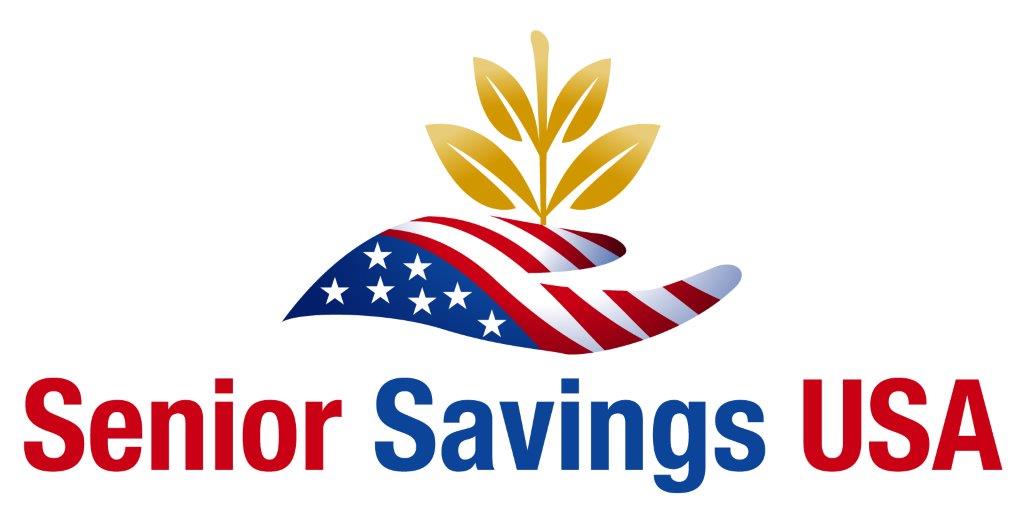Medicare Eligibility
For many, eligibility for Medicare begins at age 65. However, there are other ways you can be eligible for Medicare that doesn’t involve age.

Who is eligible for Medicare?
You are eligible for Medicare at age 65 if you are a U.S. citizen or a permanent resident of at least five years.
If you are under 65, you are eligible if:
- You received Social Security disability benefits for 24 months
- You have Amyotrophic Lateral Sclerosis (ALS)
- You have End-Stage Renal Disease (ESRD)
Free Consultation

- Get A Quote Now
- We shop the carriers for you
- Speak To An Agent
By submitting this information you acknowledge licensed insurance agents may contact you by phone, email or mail will discuss Medicare Advantage Plans, Medicare Supplement Plans, or Prescription Drug Plans.
Eligibility for Original Medicare
To be eligible for premium-free Part A, you must meet certain criteria:
- You are 65 or older
- You or your spouse worked and paid Medicare taxes for ten years or more
- You receive or are eligible for Social Security retirement benefits
- You receive or are eligible for Railroad Retirement Board benefits
To be automatically enrolled in Original Medicare, you must:
- Receive Social Security or Railroad Retirement Board benefits
- You are younger than 65 with a disability and receive disability benefits
- You have Amyotrophic Lateral Sclerosis (ALS)
Part B has the same eligibility requirements as Part A. However, Part B requires a monthly premium.
Eligibility for Medicare Advantage and Part D
To be eligible for Medicare Advantage Plans (Part C) and prescription drug coverage (Part D), you must be enrolled in Part A and B.
Is Medicare necessary?
You are not required to enroll in Medicare. However, if you do not have other health insurance, then delaying your Medicare enrollment can result in late enrollment penalties.
Reach out to a Senior Savings USA expert to discuss your Medicare options.
